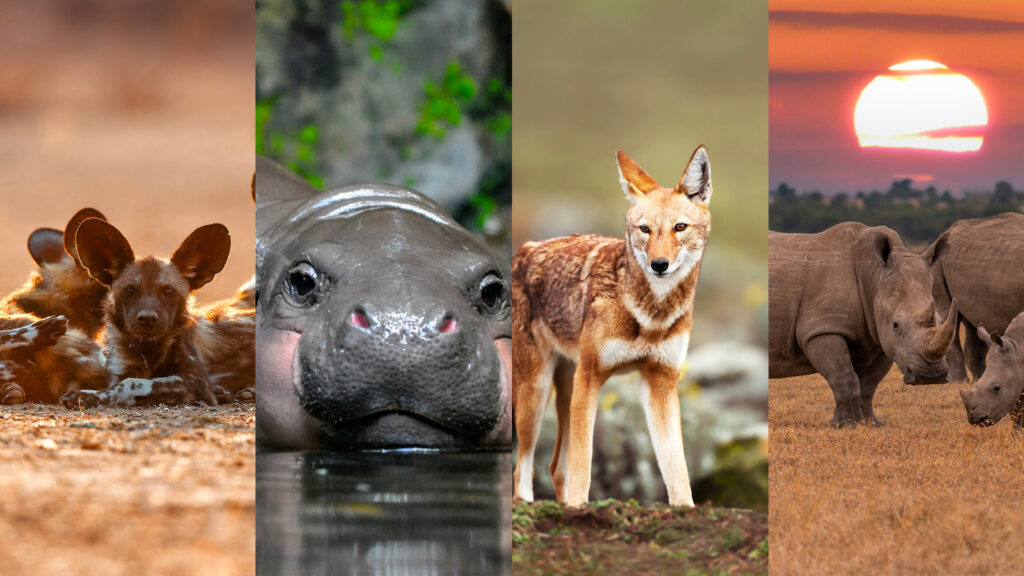African Wild Dog Project Update – May 2011

In late January 2011, a second field season of monitoring free-ranging populations of wild dogs commenced. The field work is taking place in the same reserve as 2010, namely the Hluhluwe-iMfolozi Park (HiP), South Africa, where study of the previous packs with updated demography, reproductive success and pack dynamics can continue. Upon arrival, it was […]
African Wild Dog Project Update – September 2010

The project based at Hluhluwe-iMfolozi Game Reserve, South Africa, wrapped up the field work at the end of July for the year. The past couple of months saw the next phase of breeding with all the packs begin a denning period and most producing offspring, adding to the population of the park. From the seven […]
African Wild Dog Project Update – May 2010

The African wild dog project has continued steadily on over the past few weeks as the breeding season continues here in South Africa. Some clear behavioural changes have developed in some packs with the onset of the denning period. This phase brings about changes to pack movements, reducing the ranging area and forcing the packs […]
Who’s Poo is Who’s?

In European Zoos, African Wild Dogs are group-housed and are fed with carcasses to mimic the natural situation as closely as possible. This is great for the dogs, but presents us with a headache when we are studying them. Just like in the Pygmy Hippo project, we monitor reproductive hormone levels in collected faeces from […]
African Wild Dog Field Report

The following is a field report from our African Wild Dog researcher, Leeane van der Weyde at Hluhluwe-imfolozi Park Well the first 6 weeks of the project, begun mid-February have been quite fruitful. My first sighting of the wild dogs at Hluhluwe-imfolozi Park (HiP) began with a superb view of the Ume pack feeding on […]
Dog Appeasement Hormone Research Update

One of the main problems seen in captive held African wild dogs (Lycaon pictus) is inter-pack aggression. Methods that have been applied to prevent or reduce inter-pack aggression, like the use of sedative drugs, have limited success or have negative side effects. The potential of pheromones to solve behavioural problems of domestic animals has started […]
Breakthrough in African Wild Dog Project

Aggression between African Wild Dogs is a major problem in zoos and can often have fatal consequences.
